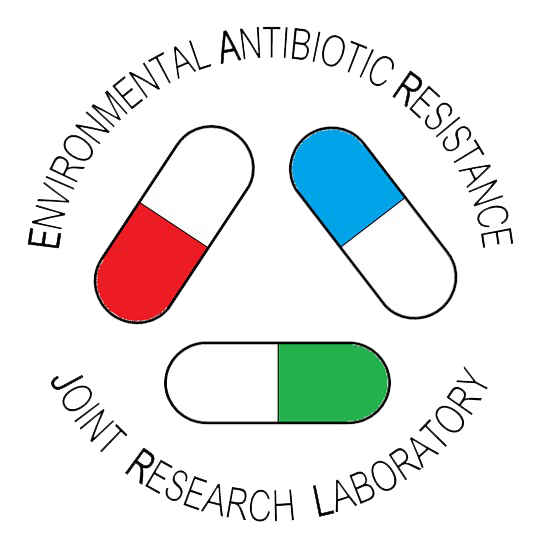Science and Society
Science allows us to know and understand our environment better thanks to the rigorous application of the scientific method: (1) definition of the problem and the questions under study; (2) formulation of hypotheses and associated predictions; (3) experimentation and subsequent collection, processing and contextualisation of the data to extract information from them; (4) conclusions and confirmation or rejection of the hypothesis (thesis); and (5) formulation of new questions as part of an iterative process of knowledge generation.
The scientific knowledge generated over decades of research in numerous disciplines has brought and continues to bring enormous benefits and applications to society in the medical, environmental, technological, socio-economic, philosophical, etc. fields. It is unquestionable that science has a decisive role to play in relation to the quality of life and well-being of our society as a whole. However, understanding the immense value of scientific knowledge requires that we scientists make an effort in the field of communication and dissemination so that this message reaches all spheres of society. It is only through this informative and educational activity that society will acquire the knowledge necessary for correct decision-making in the face of many problems in their day-to-day lives.
In particular, the rise of infections caused by antibiotic-resistant bacteria, particularly multi-resistant and pan-resistant bacteria, has become one of the most pressing problems facing humanity today. In fact, antibiotic resistance is one of the six emerging areas of concern highlighted in UN Environment’s Frontiers Report 2017. Therefore, the JRL on Environmental Antibiotic Resistance, among its various activities, addresses teaching and dissemination in this area, in order to generate knowledge and value for society in the face of this serious challenge that we must face in the 21st century.
In addition to addressing society in general, by means of scientific dissemination through the different media at our service, this JRL focuses especially on school-age children because it is there where scientific thought and the scientific method must take root in order to guarantee a knowledge-based society.
